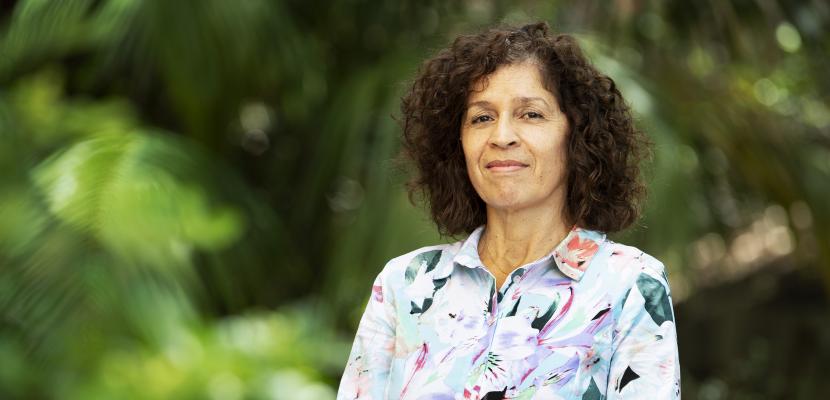
“DOCTOR, how much longer do I have left to live?”
Two new surveys show older people want a straight answer to one of life’s weightiest questions but clinicians are often reluctant to give one.
The research, led by Associate Professor Magnolia Cardona of Bond University and Gold Coast University Hospital, reveals older Australians want the truth about their prognosis, even if it is bad news.
Doctors and nurses, meanwhile, prefer to be cautious because of uncertainty around life expectancy and pressure from families asking them to withhold information from terminal patients. There is also a perception that patients and families lack the knowledge to make informed decisions.
“While this may have been the case 15 years ago, our recent findings strongly suggest that the public today may be more willing than clinicians realise to talk openly about what is in store and how or where they want to die,” said Dr Cardona, of the Centre for Research in Evidence Based Practice (CREBP) at Bond University.
Researchers conducted concurrent surveys of 360 Australian nurses and doctors dealing regularly with patients near the end of life - such as those in aged care, palliative care and emergency departments - and 497 members of the public, mostly aged 60 and over.
More than 92 per cent of older people wanted information about life expectancy while almost 90 per cent wanted involvement in treatment decisions if the likelihood of death was high.
Almost 60 per cent of clinicians said they were highly confident of initiating end-of-life conversations and more than 55 per cent regularly engaged in them. But almost 44 per cent said uncertainty about life expectancy was a barrier to the fateful chat, while 45 per cent reported being deterred by family requests to withhold information from patients.
“Arguments that patients cannot handle bad news, and that caregivers request the withholding of discussions about death with terminal patients for fear of distress, may need to be reconsidered in light of this research,” Dr Cardona said.
“There is a changing tendency for wanting more disclosure and shared decision-making.”
Dr Cardona said to minimise this difference of opinion with clinicians, the public also had a responsibility to question certain treatments, ask for further information, and assist treatment teams by speaking early to their families and GP about their personal values and preferences.
This would ensure directives for care at the end of life could be completed before patients were unable to make choices for themselves.
Dr Cardona said people could download an advance care directive from their local health department website and put their thoughts in writing.
The authors of the study - including staff from the University of New South Wales, Liverpool Hospital, and Concord Hospital - recommended policies to ensure supportive environments for end-of-life discussions as clinicians lack time to hold these sensitive conversations in routine practice.
Another suggestion was offering communications training for less experienced clinicians treating terminal, older patients, as the proportion of ageing patients in hospitals keeps growing.
Study co-author and nurse Ebony Lewis, of the School of Public Health and Community Medicine at the University of NSW, acknowledged that some patients and relatives were ambivalent or reluctant to discuss poor prognoses.
But she said medical literature and the study showed the culture of “doctor knows best” was changing and shared decision-making near the end of life “should become the norm".
The study will be published in the Australasian Journal on Ageing.

